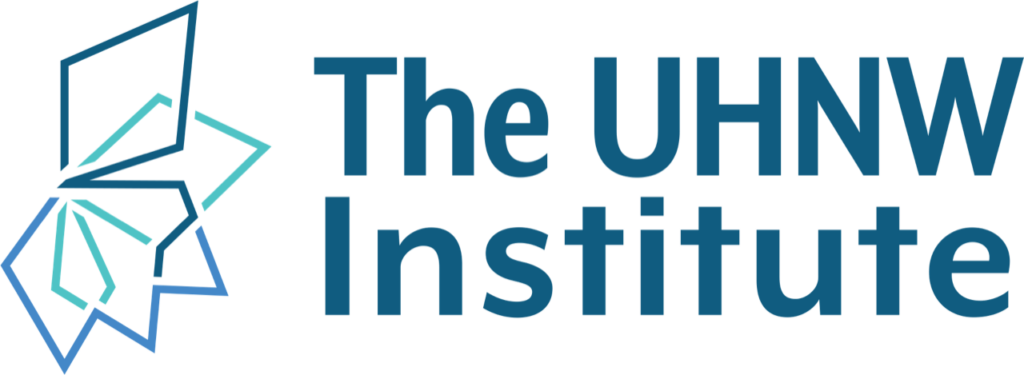The set of abilities involved in understanding, managing, and utilizing one’s own emotions as well as understanding and responding to the emotions of others effectively and constructively.
Emotional intelligence (EI or EQ) involves several major competencies: self-awareness and effective self-management of one’s emotional states and experiences, plus awareness and interpersonal skills for understanding and working with the emotional states and experiences of others. Other competencies that have been attributed to emotional intelligence include empathy, good social skills, good motivation, and the ability to tolerate and manage strong emotions. Emotionally intelligent individuals can use these competencies to read social cues, adapt to changing environments, and build strong relationships with others.
Family wealth advisors demonstrate EQ by effectively regulating their reactions and responses to the emotions exhibited by family members and other advisors. This process can involve asking open-ended questions, using active listening and reading nonverbal signals, expressing understanding verbally and nonverbally, and providing emotional support. Emotionally intelligent advisors exhibit a positive attitude, are able to communicate effectively, take responsibility for their mistakes, and handle criticism maturely.
See Also: EI/EQ
Yale University. “RULER.”, September 9, 2022. https://medicine.yale.edu/childstudy/services/community-and-schools-programs/center-for-emotional-intelligence/research/ruler/

